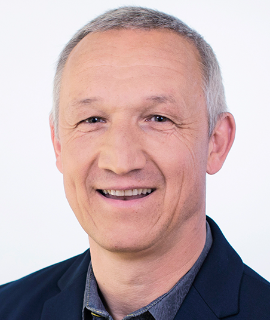Title : The transfer of a traditional oriental music therapy into a modern European healthcare system
Abstract:
The transfer of a traditional oriental music therapy into a modern European healthcare system - using the example of Austria. In the last decades, music therapy has become increasingly important in our healthcare system. It has a special effect at the interface between physical and psychological well-being. In Austria, this profession has been legally regulated as an academic training program at universities since 2009. This lecture deals with the transformation process of traditional oriental music therapy - which can be traced back to the 10th century - to today's “Krems Music Therapy Concept”. This process touches on various disciplines such as cultural and social anthropology as well as medical history and evidence-based criteria of modern clinical-therapeutic concepts. To integrate the “unknown” into existing structures, Homi Bhabha (2000) proposes the approach of hybridization: “Hybridization for me does not simply mean mixing, but strategic and selective appropriation of meanings, creating space for agents whose freedom and equality are at risk.”
In terms of the Krems concept, this means suspending static definitions of the past in favor of a processual and constantly necessary re-evaluation. In this way, a new approach to understanding one's own institutional development opened up. In this presentation the “continuity of basic therapeutic ideas over time” will be traced, and on the other hand, selected main process lines of the translation of an originally foreign cultural technique into today's Austrian clinical therapy system will be discussed. These translation lines are discussed based on modern therapeutic concepts and illustrated using specific practical examples. Key terms are music effects, regulation, resonance, synchronization and empathy.



